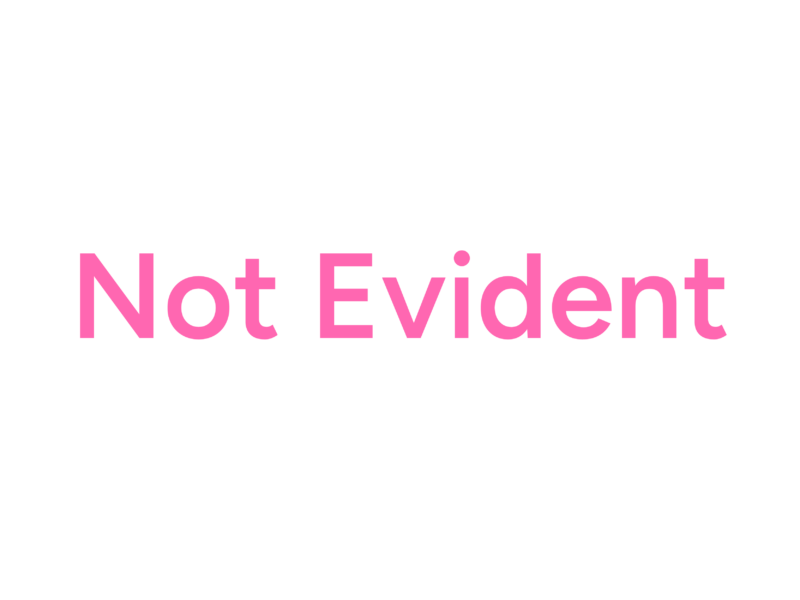Scientific Literacy Rubric
The ability to apply scientific methods to understand the natural world, to identify scientific aspects of daily life, and evaluate the quality of scientific information on the basis of its source and the methods used for its generation, and to identify how scientific research and society influence each other
Description
Scientific Literacy, the ability to identify and understand scientific knowledge and thinking, is necessary for participating actively in democracy and engaging as a thoughtful global citizen. Scientific Literacy explores how scientific thinking and knowledge helps us comprehend and address the complex problems facing society. To make reasonable judgements about the validity of scientific claims, one must first know how such claims are made and supported; have at least a baseline level of knowledge in a scientific field; be aware of the social and institutional bases of scientific credibility; and recognize the powers and limitations of scientific approaches.
A traditional rubric PDF for Scientific Literacy can be found here
How Science Works
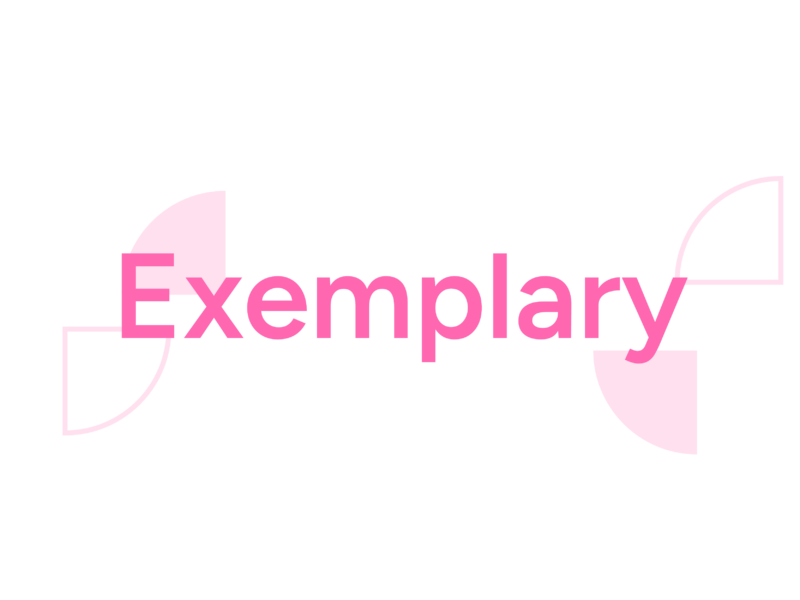
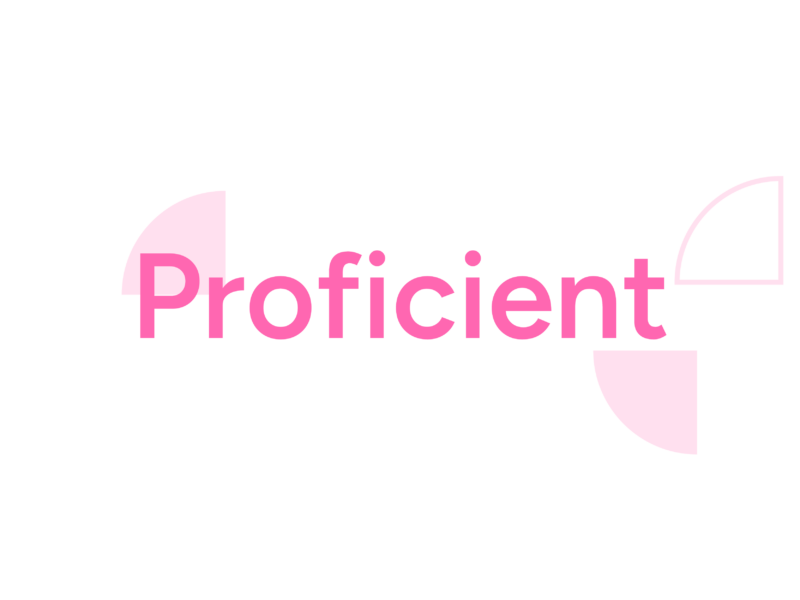
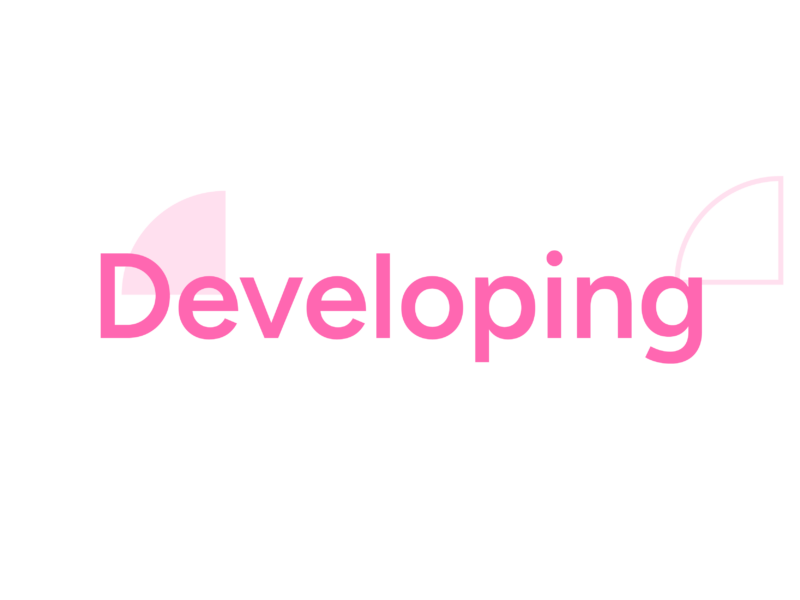
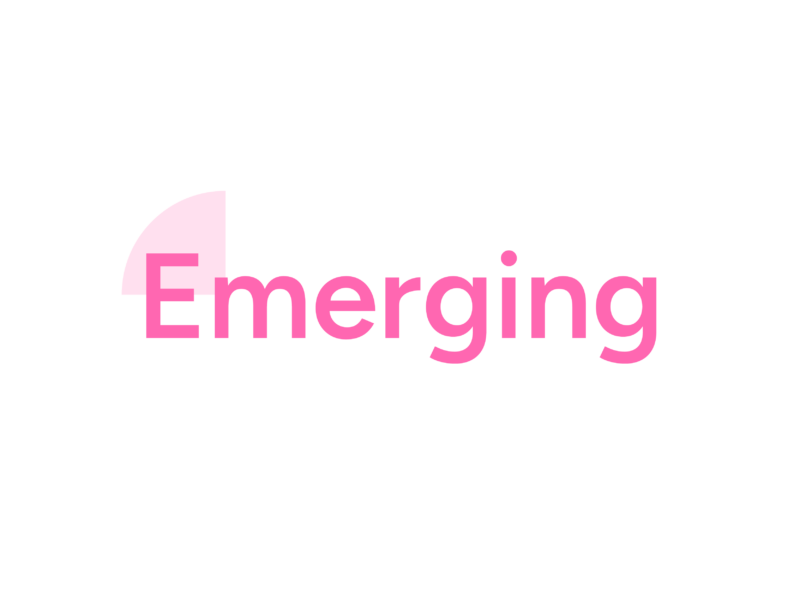
Strengths and limitations of science




Scientific Knowledge




Scientific argumentation and reliability




Science and Society




